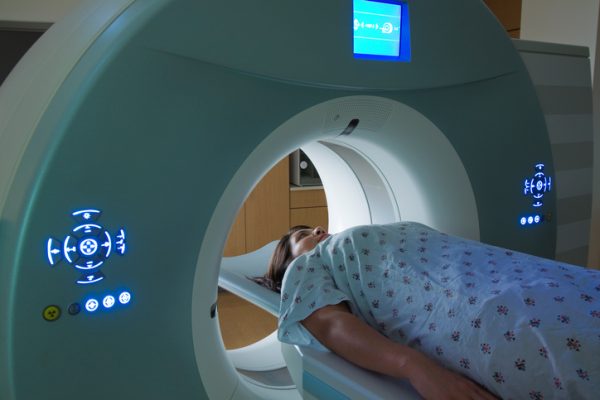
An acquisition last year by a Pacific Northwest biotech company has paid off, in the form of a successful registration-directed breast cancer study.
Seattle Genetics said Monday that topline results from its Phase II HER2CLIMB study showed that adding the drug tucatinib to the doublet combination of Roche’s Herceptin (trastuzumab) and the chemotherapy drug capecitabine produced a better improvement in progression-free survival (PFS) than the doublet combination alone in locally advanced, unresectable or metastatic HER2-positive breast cancer.
The company – which is based in the suburb of Bothell, Washington – said the three-drug combination produced a statistically significant reduction in the risk of progression or death by 46 percent and by 52 percent among patients with brain metastases compared with the doublet combination alone. The company did not disclose the median PFS between the two arms, but a spokesperson wrote in an email that it would likely be presented when the company shows additional results from the 612-patient trial at the San Antonio Breast Cancer Symposium in December.
Shares of Seattle Genetics were up by 15.4 percent Monday afternoon following the news.
The results represent a big payoff for Seattle Genetics, which acquired control of tucatinib – a small-molecule, orally administered tyrosine kinase inhibitor – when through its purchase of Seattle-based Cascadian Therapeutics in January of last year, for $614 million. The drug targets HER2, which is present in breast as well as several other cancers, including colorectal, ovarian and gastric.
“There is significant unmet medical need following treatment with trastuzumab, pertuzumab and T-DM1 in patients with metastatic HER2-positive breast cancer,” said Seattle Genetics Chief Medical Officer Roger Dansey said in a statement, referring respectively to Herceptin and Roche’s Perjeta and Kadcyla (ado-trastuzumab emtansine).
The company plans to submit a regulatory approval application to the Food and Drug Administration in the first quarter of 2020. It is also running a Phase III study in 460 patients that also uses PFS as the primary endpoint.
Seattle Genetics’ only approved product is the drug Adcetris (brentuximab vedotin), a CD30-targeting antibody-drug conjugate used to treat Hodgkin’s and T-cell non-Hodgkin’s lymphomas.
Photo: Snowleopard1, Getty Images










